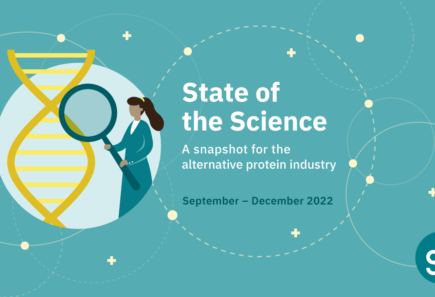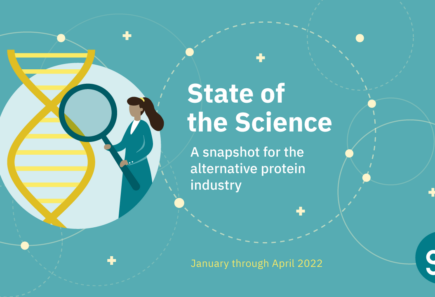
The State of the Science on Alternative Proteins: May through August 2023
Liz Specht, Ph.D.Alternative proteins offer some of the most game-changing research opportunities around the world. Here are the latest developments in the scientific ecosystem.







